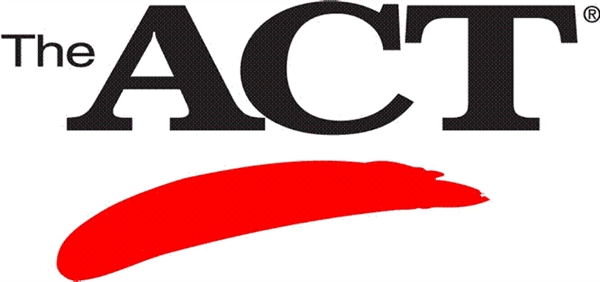ACT allows testing for specific sections

The ACT (American College Testing) is a two hour fifty-five minute test which evaluates your knowledge on english, math, reading, science, and the optional writing portion. Until now, if you took the ACT and are not happy with your score, there is the ability to retake the test in its entirety, but due to a change made by the ACT officials, you can now retake only one portion of your ACT.
On October 8th the ACT Inc. made the announcement that if you do well on three portions of your ACT and not as well on the fourth portion, you will have the opportunity to retake the single portion of the test you didn’t do well on.
“I hope it would help them to improve [their ACT score], because then they can go back and improve the section that they didn’t do as well on,” counselor Kelsey Flickner said.
For the second year, the school is offering a free ACT test for juniors, happening in February of 2020. To prepare students for the ACT, the school offers paper practice booklets, the ACT prep course and more.
“Students that qualify for the ACT waiver have access to the free Kaplan ACT prep materials online. So just sharing those resources with students,” Flickner said.
Junior John Koontz recently took his first ACT in October and plans to take another one if he is “not satisfied with his score”.
Individually, he believes he will take advantage of the chance to retake the fourth portion of the ACT, if he decides to retake it.
“I think it will [improve my score], because if you can just retake one section it allows you to focus your studies,” Koontz said.
Although Koontz plans to take advantage of this opportunity, Flicker and Koontz both believe that this may not be beneficial to all students. Since the criteria to qualify for the change is that you have to replace three of the four parts of the ACT, it may not help students scores overall.
“It it is probably not very useful, I’d be curious on what the statistics are of how many students who have a perfect score on three areas.” Flickner said.
Another change the ACT board announced that they will now offer students the opportunity to take the test online, resulting in students getting their scores two to three days later rather than waiting almost a month for their scores which goes along with the paper-pencil version of the ACT. This could result in both good and bad end results Flickner says.
“With so much access to technology, I think some students might benefit from that, but then I also think with technology there are also some challenges,” Flickner said. “I know with state testing and things like that there’s always issues with WiFI and all of that. I think there’s some advantages to it, but I also think that there’s some challenges that would come along with it too.”
The changes will begin in September of 2020, yet it is unclear if the school will use these new tactics when administering the ACT. Flickner believes that for these changes to happen, discussion amongst school administrators will have to happen. In an end result Flickner believes your ACT score is one factor in a big picture that people look at.
“I think [your ACT score] is very important, often ACT scores determine the amount of scholarships you get,” Koontz said. “So, the higher the better.”

Elly is a senior, entering her third year on Newtonian staff and is the Print Production Manager. She is a member of the Railiners dance team and the competitive...














